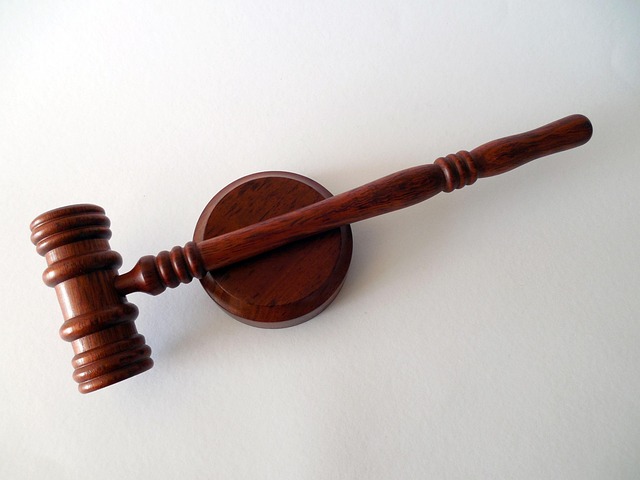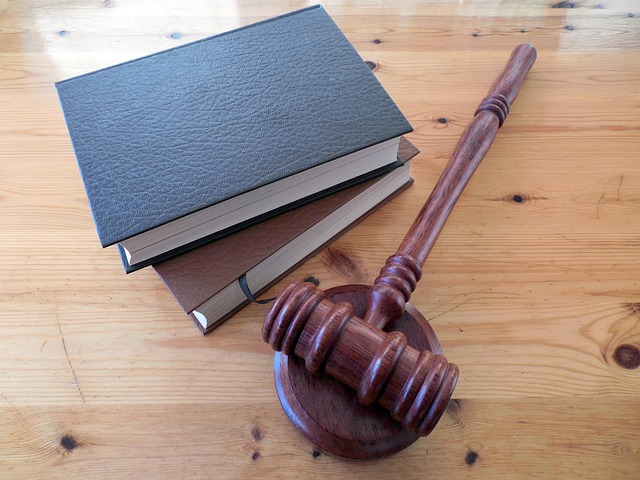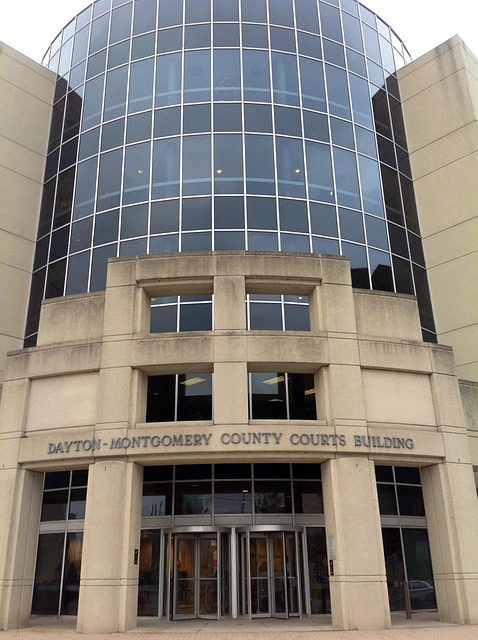The Timeline for Post-Conviction Relief Process is a critical component of healthcare law, ensuring fairness and due process. Law firms specializing in this area guide clients through complex appeals, strategic planning, and strict procedural deadlines to clear names, restore rights, and mitigate outcomes, fostering trust and achieving favorable verdicts. Understanding the timeline, avoiding pitfalls like deadline misses or insufficient evidence, is key to successful navigation of post-conviction relief for individuals facing criminal justice challenges.
In the complex landscape of justice, healthcare law firms play a pivotal role in navigating the post-conviction relief process. This critical phase, often shrouded in legal intricacies, demands a profound understanding of both criminal law and healthcare regulations. This article serves as a comprehensive guide for both legal professionals and individuals seeking redress. We explore essential aspects like understanding post-conviction basics, managing timelines—crucial deadlines and filing requirements—and effective legal strategies. Additionally, we delve into the unique contribution of healthcare law firms and highlight challenges to avoid, focusing on the timeline for post-conviction relief process as a key element in achieving successful outcomes.
- Understanding Post-Conviction Relief Basics
- Timeline: Key Deadlines & Filing Requirements
- Legal Strategies for Success in Post-Conviction Cases
- Role of Healthcare Law Firms in Post-Conviction Support
- Challenges & Common Pitfalls to Avoid
Understanding Post-Conviction Relief Basics
Understanding the basics of post-conviction relief is crucial for any healthcare law firm navigating complex legal landscapes. This process offers individuals convicted of crimes an opportunity to challenge their sentences or convictions, providing a second chance at justice. The timeline for this process is meticulously structured, ensuring fairness and due process. It typically begins with a petition filed by the defendant, outlining grounds for relief, such as new evidence, procedural errors, or ineffective assistance of counsel.
The respective business of post-conviction relief involves meticulous research, strategic planning, and often, jury trials. Skilled attorneys must present compelling arguments and winning challenging defense verdicts while adhering to strict legal procedures. This intricate process demands a deep understanding of criminal law, procedural rules, and the unique circumstances of each case.
Timeline: Key Deadlines & Filing Requirements
The Timeline for Post-Conviction Relief Process is a critical aspect of healthcare law, ensuring fairness and due process for all involved. It’s a structured journey through various stages, from initial investigations to appeals, with each step having specific deadlines and requirements. Understanding this timeline is crucial for both legal professionals and individuals seeking relief from convictions they believe are unjust.
Key milestones include filing a motion for post-conviction relief within a specified period after the conviction, typically set at one year. This process involves meticulous documentation and arguments to support claims of wrongful conviction or new evidence. Legal teams must navigate all stages of the investigative and enforcement process, ensuring thorough preparation and a strategic approach. By adhering to these timelines, individuals have a chance to clear their names and achieve extraordinary results in avoiding indictment, thereby restoring their healthcare rights and reputation.
Legal Strategies for Success in Post-Conviction Cases
Navigating the post-conviction relief process requires a strategic approach to achieve success. This timeline for Post-Conviction Relief Process is crucial for healthcare law firms, as it involves meticulous planning and adherence to legal protocols. The first step is to thoroughly review the case, ensuring all grounds for appeal are identified within a reasonable timeframe. This includes examining the original trial records, seeking expert opinions, and gathering new evidence that might support an acquittal or reduced sentence.
Effective legal strategies often involve presenting compelling arguments based on constitutional violations, procedural errors, or newly discovered facts. By understanding the respective business of the justice system and avoiding indictment, healthcare law firms can construct a robust defense. This process demands meticulous attention to detail, timely filing of petitions, and proactive communication between attorneys and clients throughout the entire procedure.
Role of Healthcare Law Firms in Post-Conviction Support
Healthcare Law Firms play a pivotal role in providing essential support during and after legal proceedings for their clients involved in complex cases, particularly in the realm of white-collar and economic crimes. When individuals face post-conviction challenges, these law firms offer specialized expertise to navigate the intricate legal landscape. Understanding the timeline for post-conviction relief is crucial, as it involves a series of steps that can be time-consuming and require meticulous attention to detail.
By engaging the services of a healthcare legal team, individuals accused or convicted of white-collar or economic crimes can gain access to professionals who advocate for their rights and interests. These firms assist in various aspects, from appealing convictions to achieving extraordinary results by strategically managing cases and mitigating potential outcomes. Their expertise helps clients avoid indictment and navigate the complexities of the legal system, ensuring a fair and just resolution throughout the process.
Challenges & Common Pitfalls to Avoid
Navigating healthcare law involves a complex web of regulations and procedures, presenting unique challenges for firms and clients alike. One area where legal professionals must remain vigilant is in understanding—and adhering to—the timeline for post-conviction relief processes. This is crucial not just to ensure compliance but also to avoid the pitfalls that can derail even the most promising cases.
Firms must be adept at managing expectations, as the timeline for post-conviction relief can vary greatly depending on factors like jurisdiction and case complexity. Common mistakes include miscalculating deadlines, failing to gather adequate evidence, and overlooking potential barriers to relief. By proactively addressing these issues, healthcare law firms can not only avoid indictment but also position themselves to achieve extraordinary results, fostering trust within the philanthropic and political communities they serve.
Healthcare law firms play a pivotal role in navigating the complex post-conviction relief process, offering expertise that can significantly enhance outcomes for clients seeking justice. By understanding the basics, mastering legal strategies, and adhering to crucial timelines like the ones outlined in this article—including key deadlines and filing requirements—individuals can increase their chances of success. Avoiding common pitfalls and staying informed about their rights is essential. Remember, the timeline for post-conviction relief processes is critical, so acting promptly with the help of a specialized law firm can make all the difference.






